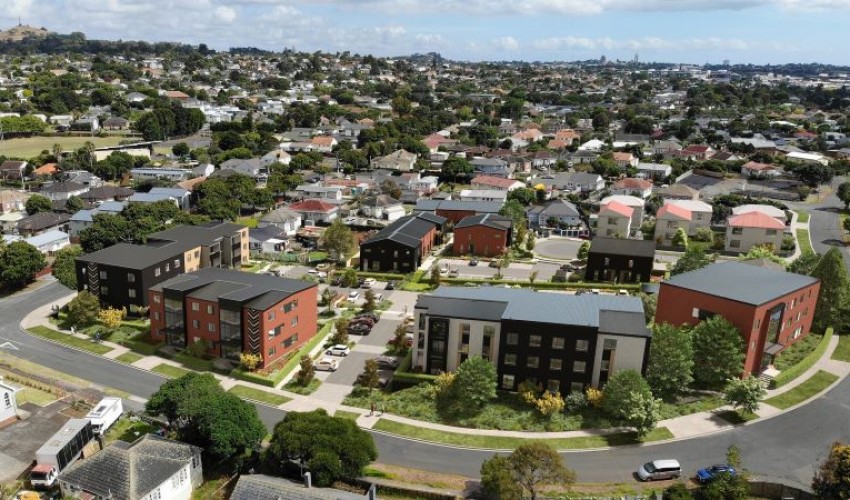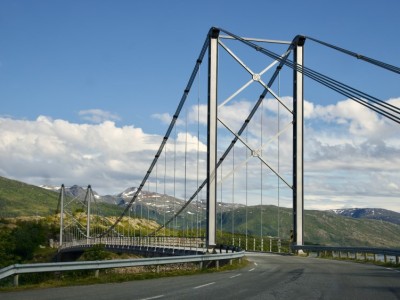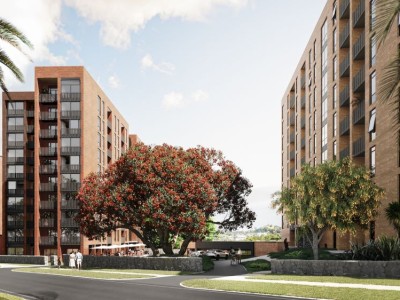Learn » Blog » Does property investing still make sense? Sam Stubbs thinks so
Does property investing still make sense? Sam Stubbs thinks so
Published on 26/10/2023
Topics:
property investment

By Sam Stubbs
This article was originally written for and published by Informed Investor Magazine.
The recent drop in the value of homes across the country will have come as a surprise to many property investors, who for a long time had seen the property market go only one way. And for those who leveraged up to buy investment properties when mortgages were 2-3%, paying twice that rate now - and seeing the value of the house they bought go down - will hurt. But long term (and for perhaps the wrong reasons) it seems to me that housing investments will make sense for quite some time.
I’m bullish for two very fundamental reasons. The first is supply and demand. For 30 years now successive governments have failed to build enough state houses for the demands of a rising population. Dwelling consents per 1000 residents averaged around 30 from 1920 to 1980, but have been around or below 20 since then. The big shortfall was in state housing consents.
Politically this has been no bad thing. Governments have realised that a tight housing market drives up prices, which keeps the home-owning majority of New Zealanders happy. And the advent of mortgage-linked financial products has allowed Kiwis to buy things and ‘put it on the house’ for more than a decade, further pumping up consumer demand.
Keeping house prices high as a way to win elections is becoming more problematic now for politicians. This is because home ownership rates peaked in the 1990’s at 74% but are now down below 65%. That means that while the majority of voters may be happy with rising house prices, the vocal minority of those who can’t (or don’t want to) afford them will get louder over time. And children relying on the ‘bank of Mum and Dad’ will be ok - unless Mum and Dad don’t have the money to be their kids’ bank, or were relying on their wealth for retirement.
But the property price party is far from over yet. Political parties from both sides of the aisle still get higher approval rates when property prices go up.
Over on the supply side, things look very grim. Because New Zealanders want to live in a stand-alone home (no matter how far they have to commute), and because we love to design our own homes, build costs for homes in New Zealand are very high. It is now common for an average Kiwi home to cost $4,500+ per square metre to build. That makes the average new home an expensive reality for many.
As a nation, we have not embraced large scale housing, especially apartments, as a lower-cost alternative. The building industry has not yet properly embraced technology, innovation and scale. We are simply too small for modular and manufactured housing to get traction, without the Government getting serious about it. It hasn’t. And because successive governments know that GDP always gets spruiked when immigration goes up, they encourage our population to rise.
Last year our net migration was 90,000, twice the rate of growth than 25 years ago. Nothing the incoming Government has said indicates that they want immigration to go down. The flow on effects of high immigration are increased demand for housing, higher house prices and a GDP and spending boost. GDP up? House prices up? What politician wouldn’t want that?
The second reason I’m bullish on housing is tax. Kiwi homeowners have been encouraged to leverage and buy homes for decades. Up until recently, the mortgage was deductible against income, and all capital gains (no matter how short-term) were tax free. Much has changed since then, but the rules don’t apply to new builds, and the recent changes don’t seem to have seriously discouraged investment in rental property. And regardless of who is in power, is it clear that no political party wants to overly punish residential property investment with capital gains or wealth taxes.
So there we have it - high demand, expensive build costs, and advantageous tax treatment - all are powerful reasons why property investors should probably be feeling positive, despite the challenges around current mortgage rates and capital values. But in thinking property will remain a good investment, I’m not so sure it’s so good for New Zealand.
One of the reasons we’re an unproductive economy is that so much capital and energy goes into building and investing in expensive housing. Houses are not companies - they don’t employ people, invest in R&D, or export. And while homes have wonderful attributes (like keeping us warm and dry), excessive investment in housing will help keep New Zealand closer to the bottom of the OECD league tables for both productivity and growth.
To see the long-term effect of this, look at where we rank wealth-wise. In 1953 NZ had the 3rd highest GDP per capita in the OECD. Now we rank 33rd. To reach the productivity of an average Irish worker today, the average Kiwi would have to work another 10.7 hours per day. That’s not a typo. The average Kiwi worker has to work almost 19 hours a day to achieve what the average Irish worker achieves in 8.
So until the politics, immigration policies, tax incentives or excessive building costs change, residential property is likely to make sense. And who wouldn’t want some exposure to an asset class that’s as safe as houses?


